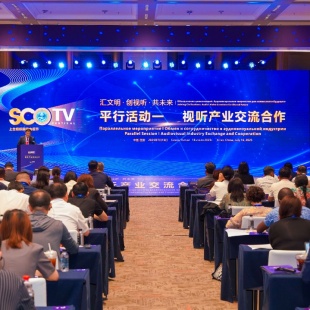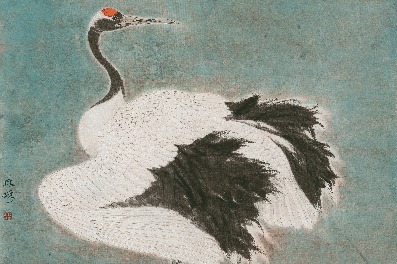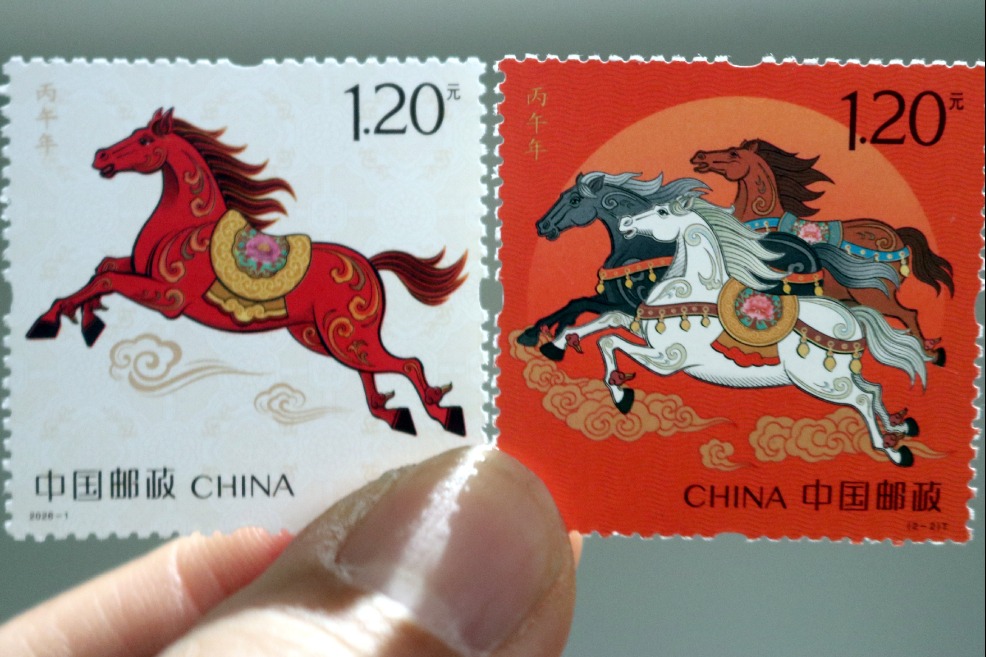Stories flow across borders
TV festival fosters audiovisual and cultural exchanges among SCO member nations, Li Ping and Qin Feng report in Xi'an.


Vinod Kumar Meena, cofounder and chief operating officer of Kuku TV, a microdrama platform in India, said Chinese microdramas have entered India's content landscape with mobile-first, ultrashort storytelling formats.
"In 2025, Kuku, under the UPanda Cinema program in partnership with the China Intercontinental Communication Center, introduced a lineup of Chinese vertical dramas to the Indian market. Over 15 million views were recorded in the first few weeks of release on the Kuku platform," he said.
Lal Chand Bisu, cofounder and CEO of Kuku TV, highlighted the cultural similarities between China and India that have contributed to the popularity of Chinese microdramas, noting that genres like suspense and revenge are particularly well received. Bisu also expressed interest in deepening collaboration with Chinese partners, particularly in script adaptation and content localization. "Chinese scripts perform well in India. We plan to adapt these scripts for local production and distribution. We are also looking for high-quality microdramas. We will localize them with Indian subtitles and bring them to Indian audiences."
Amir Shayanmehr, head of the Beijing office of Iran's state TV, the Islamic Republic of Iran Broadcasting, called for closer collaboration between the media sectors of both nations to enhance mutual understanding.
"China and Iran are both ancient civilizations with long histories. Yet, I believe there remains great potential to deepen cultural exchange and mutual understanding between the peoples of our two countries," he said.

Shayanmehr noted that while more Chinese films, documentaries, and TV dramas have been broadcast in Iran in recent years, Iranian productions have received comparatively less exposure in China.
"I hope the two countries can strengthen cooperation in coproductions, ranging from TV series to microdramas, covering subjects such as culture, cuisine and history," Shayanmehr said.
During the festival, over 40 cooperative outcomes in the audiovisual sector were unveiled. These included the animated series Our Ensemble, coproduced by China, Russia, Mongolia, Saudi Arabia and Armenia, and the "Silk Road 10,000-Mile Journey 2025: The SCO Route" — a collaborative event running from July to September cohosted by China, Kazakhstan, Kyrgyzstan, Tajikistan and Uzbekistan.
The second edition of the SCO TV festival also featured a China-SCO audiovisual cooperation exhibition, the SCO Night concert and a showcase of SCO member states' programming.
The audiovisual showcase, running from May to August, will screen Chinese productions such as A Love for Separation and The Tale of Rose on mainstream platforms in countries including Kazakhstan, Uzbekistan, Tajikistan and Russia.
Meanwhile, more than 70 audiovisual works from SCO member countries and observer countries — including Travel with the Map from Uzbekistan, The Blacksmith's Sacred Anvil Ritual from Mongolia, and My City from Belarus — are being broadcast on satellite TV channels in provincial areas, including the city of Shanghai, Shaanxi, Shandong, Jilin and Jiangsu provinces, and the Inner Mongolia autonomous region. These works are also available on major streaming platforms like iQiyi, Youku and Tencent Video.





































